‘Talk to your people about your purpose and your values.’ Leadership expert Bill George’s advice to CEOs dealing with tariff chaos
Hello and welcome to Modern CEO! I’m Stephanie Mehta, CEO and chief content officer of Mansueto Ventures. Each week this newsletter explores inclusive approaches to leadership drawn from conversations with executives and entrepreneurs, and from the pages of Inc. and Fast Company. If you received this newsletter from a friend, you can sign up to get it yourself every Monday morning. Regular readers of Modern CEO know I often cite advice and anecdotes from Bill George, the former chairman and CEO of Medtronic and executive fellow at Harvard Business School. I share his words in part because of the depth of his experience and his extensive body of work, including True North, Authentic Leadership, and 7 Lessons for Leading in Crisis. Still, I began to wonder if I had become overly reliant on his insights and set out to find other leadership experts. And who better to ask than George himself? What follows are edited excerpts of a wide-ranging conversation on the “next Bill George,” the difference between management and leadership, and—because I couldn’t help myself—George’s advice for leading organizations in these supremely chaotic times. Modern CEO: Who’s the next Bill George, if there is such a thing? Bill George: No. 1 would be Hubert Joly, the former CEO of Best Buy. He’s doing an amazing job at Harvard Business School, running CEO programs there, and wrote a book, The Heart of Business. And he’s got a major research study, which I’m sure will result in a [new] book, on frontline workers. He’s doing really good work and has a keen understanding of business purpose, values, and how one leads in this very chaotic period we are in. Within the business community, the best CEO in the world today is probably Satya Nadella at Microsoft. Others I would mention are Mary Barra [of GM], Doug McMillon of Walmart, and Dave Ricks at [Eli] Lilly. There are a lot of great CEOs out there right now—but I don’t know if any of them are going to write about it. Most academics prefer to write about management rather than leadership, and I think that’s a terrible mistake. Many of the management techniques we have talked about over the last 30 to 50 years are woefully outdated. There’s no such thing as a 10-year strategic plan anymore. You can do one, but it’s meaningless because the world’s changing so rapidly. MC: Can one teach leadership without having been a leader? BG: That’s a really good question. [Former Harvard Business School Dean] Nitin Nohria is a brilliant teacher of leadership. I actually do think you need practice in leading. MC: We can’t do a 10-year strategic plan anymore, but is there enduring advice on how to manage in chaos? BG: Leadership is much more difficult today than it was when I was a CEO or even 10 years ago. Why? Because the external world is changing so rapidly. One has to be very adaptive. Not all leaders are trained to deal with this world—they’re trained to run businesses, to gain market share, to innovate with new products, to come up with creative, new marketing plans to make money, to manage the finances skillfully, to create more cash to please the stock market. Those are all the traditions. But today most of the issues one faces have to do with external factors. The great leaders have to be very skilled in how they deal with external events. We had 9/11, the meltdown of the banks in 2008, COVID, which affected every single human being on the planet in one way or another, and now the chaos that’s taking place in trade and other things as a result of leadership in the United States. You have to be adaptive; you have to be flexible. But beyond that, I think there has to be a grounding, and that is your purpose or your mission and your values. And if you’re not grounded in that as a company, you’re going to be in [trouble]. A good example is Meta. Mark Zuckerberg is all over the map, and he’s not going to fare well in this environment. He’s a brilliant guy, created the whole field of social media, but he’s not going to do well in this because he is not well grounded. One has to lead with clarity about purpose and clarity about values. And that means you have to be clear in your own values. MC: There’s no shortage of people offering leadership advice on LinkedIn and TikTok. Is there information overload? BG: I think a lot of those writers are looking for an edge. A lot of the academics are thinking, “How can I do something different?” MC: How are you advising CEOs to manage through uncertainty at this moment? BG: First, be out there talking to your people all the time about your purpose and values. [Say,] “We’re not deviating from that as a company.” Second, keep your head down and run the business really well. Don’t deviate from what your business’s basic core strategy is. Three, if you’re a global company, you have to be global. I actually think we will continue to be a global world, but [tariffs are] causing CEOs to really have to reset th

Hello and welcome to Modern CEO! I’m Stephanie Mehta, CEO and chief content officer of Mansueto Ventures. Each week this newsletter explores inclusive approaches to leadership drawn from conversations with executives and entrepreneurs, and from the pages of Inc. and Fast Company. If you received this newsletter from a friend, you can sign up to get it yourself every Monday morning.
Regular readers of Modern CEO know I often cite advice and anecdotes from Bill George, the former chairman and CEO of Medtronic and executive fellow at Harvard Business School. I share his words in part because of the depth of his experience and his extensive body of work, including True North, Authentic Leadership, and 7 Lessons for Leading in Crisis. Still, I began to wonder if I had become overly reliant on his insights and set out to find other leadership experts. And who better to ask than George himself?
What follows are edited excerpts of a wide-ranging conversation on the “next Bill George,” the difference between management and leadership, and—because I couldn’t help myself—George’s advice for leading organizations in these supremely chaotic times.
Modern CEO: Who’s the next Bill George, if there is such a thing?
Bill George: No. 1 would be Hubert Joly, the former CEO of Best Buy. He’s doing an amazing job at Harvard Business School, running CEO programs there, and wrote a book, The Heart of Business. And he’s got a major research study, which I’m sure will result in a [new] book, on frontline workers. He’s doing really good work and has a keen understanding of business purpose, values, and how one leads in this very chaotic period we are in.
Within the business community, the best CEO in the world today is probably Satya Nadella at Microsoft. Others I would mention are Mary Barra [of GM], Doug McMillon of Walmart, and Dave Ricks at [Eli] Lilly. There are a lot of great CEOs out there right now—but I don’t know if any of them are going to write about it.
Most academics prefer to write about management rather than leadership, and I think that’s a terrible mistake. Many of the management techniques we have talked about over the last 30 to 50 years are woefully outdated. There’s no such thing as a 10-year strategic plan anymore. You can do one, but it’s meaningless because the world’s changing so rapidly.
MC: Can one teach leadership without having been a leader?
BG: That’s a really good question. [Former Harvard Business School Dean] Nitin Nohria is a brilliant teacher of leadership. I actually do think you need practice in leading.
MC: We can’t do a 10-year strategic plan anymore, but is there enduring advice on how to manage in chaos?
BG: Leadership is much more difficult today than it was when I was a CEO or even 10 years ago. Why? Because the external world is changing so rapidly. One has to be very adaptive. Not all leaders are trained to deal with this world—they’re trained to run businesses, to gain market share, to innovate with new products, to come up with creative, new marketing plans to make money, to manage the finances skillfully, to create more cash to please the stock market. Those are all the traditions. But today most of the issues one faces have to do with external factors. The great leaders have to be very skilled in how they deal with external events.
We had 9/11, the meltdown of the banks in 2008, COVID, which affected every single human being on the planet in one way or another, and now the chaos that’s taking place in trade and other things as a result of leadership in the United States.
You have to be adaptive; you have to be flexible. But beyond that, I think there has to be a grounding, and that is your purpose or your mission and your values. And if you’re not grounded in that as a company, you’re going to be in [trouble]. A good example is Meta. Mark Zuckerberg is all over the map, and he’s not going to fare well in this environment. He’s a brilliant guy, created the whole field of social media, but he’s not going to do well in this because he is not well grounded.
One has to lead with clarity about purpose and clarity about values. And that means you have to be clear in your own values.
MC: There’s no shortage of people offering leadership advice on LinkedIn and TikTok. Is there information overload?
BG: I think a lot of those writers are looking for an edge. A lot of the academics are thinking, “How can I do something different?”
MC: How are you advising CEOs to manage through uncertainty at this moment?
BG: First, be out there talking to your people all the time about your purpose and values. [Say,] “We’re not deviating from that as a company.” Second, keep your head down and run the business really well. Don’t deviate from what your business’s basic core strategy is. Three, if you’re a global company, you have to be global. I actually think we will continue to be a global world, but [tariffs are] causing CEOs to really have to reset the bar.
Who is the next top leadership guru?
Which next-gen CEOs and leadership authorities should Modern CEO know? Send your recommendations to me at stephaniemehta@mansueto.com. I’m eager to expand my network of experts.
Read more: CEO wisdom
Mass Mutual’s CEO on the No. 1 leadership trait
What SAIC CEO Toni Townes-Whitley learned from Satya Nadella
Steve Ballmer has cracked the code on CEO second acts


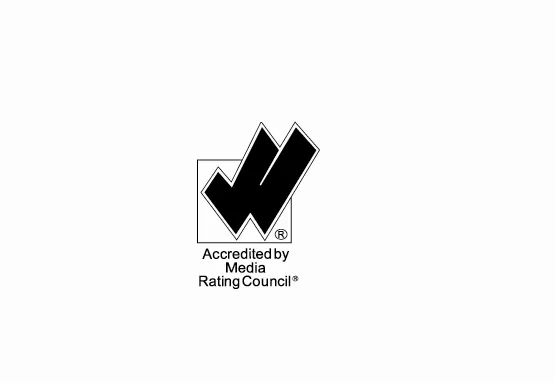

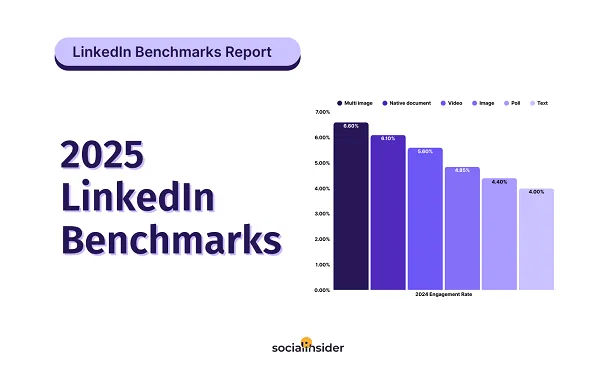


















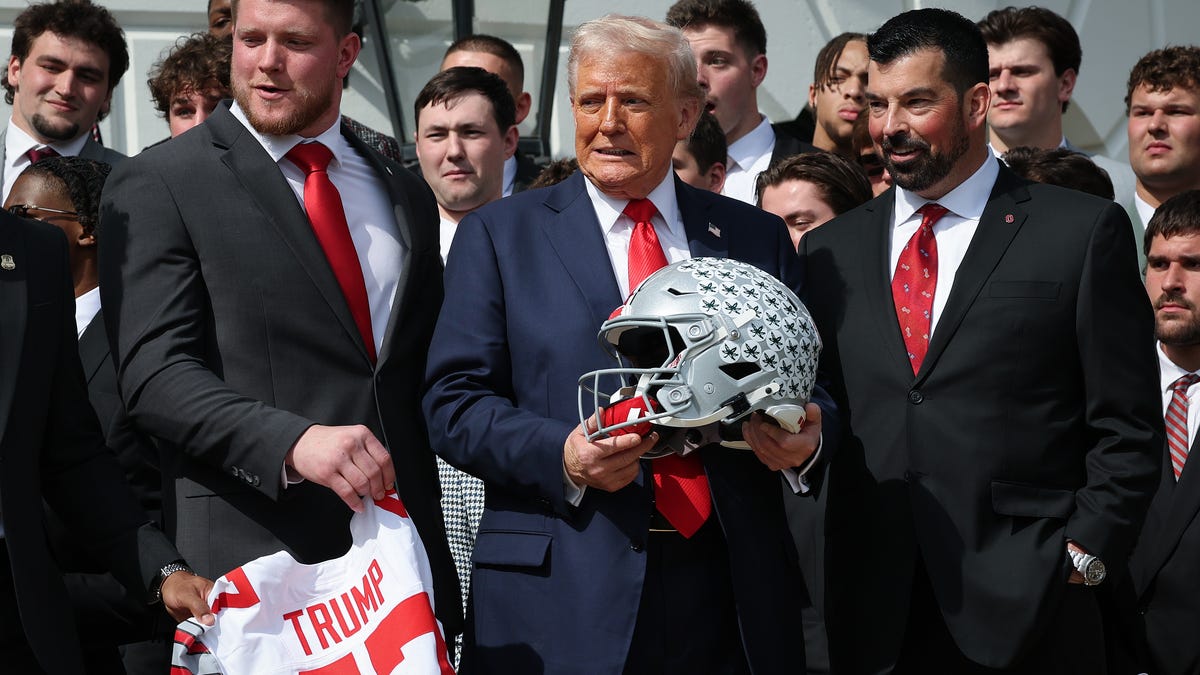









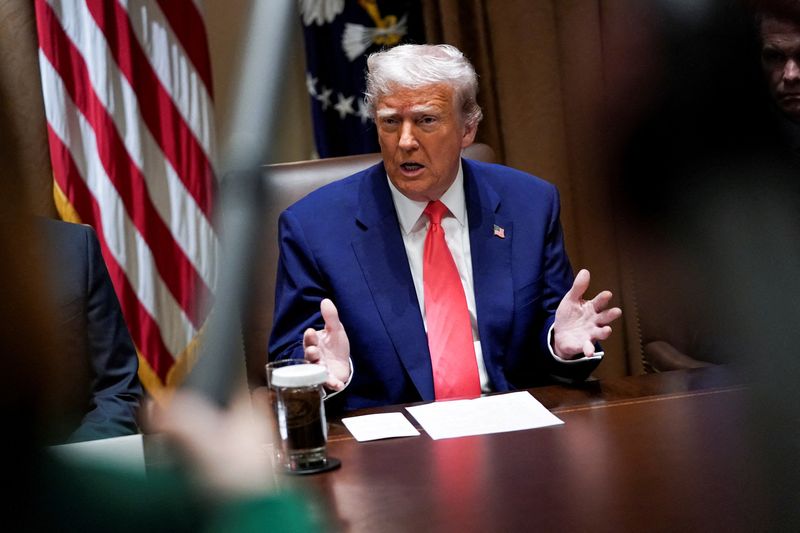





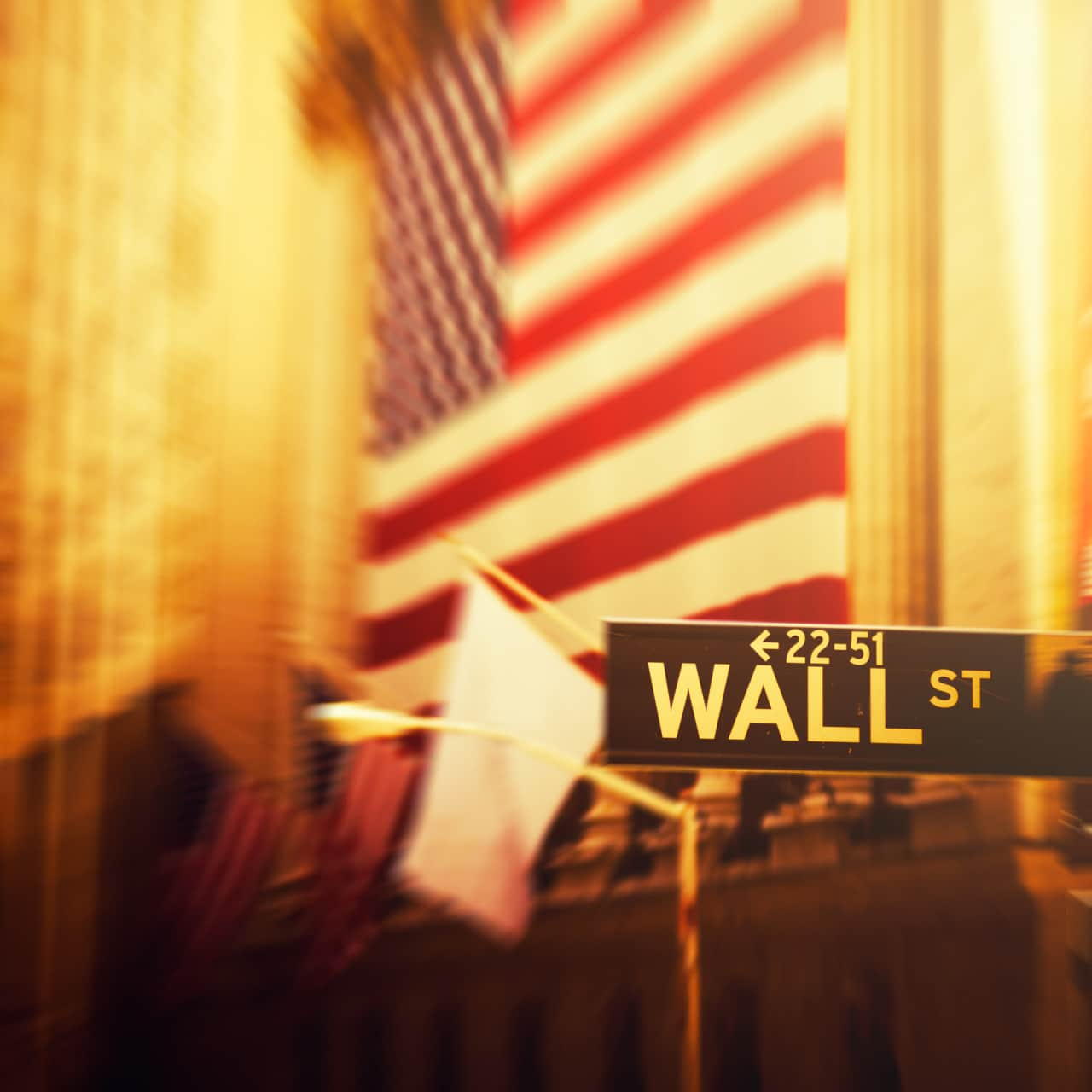
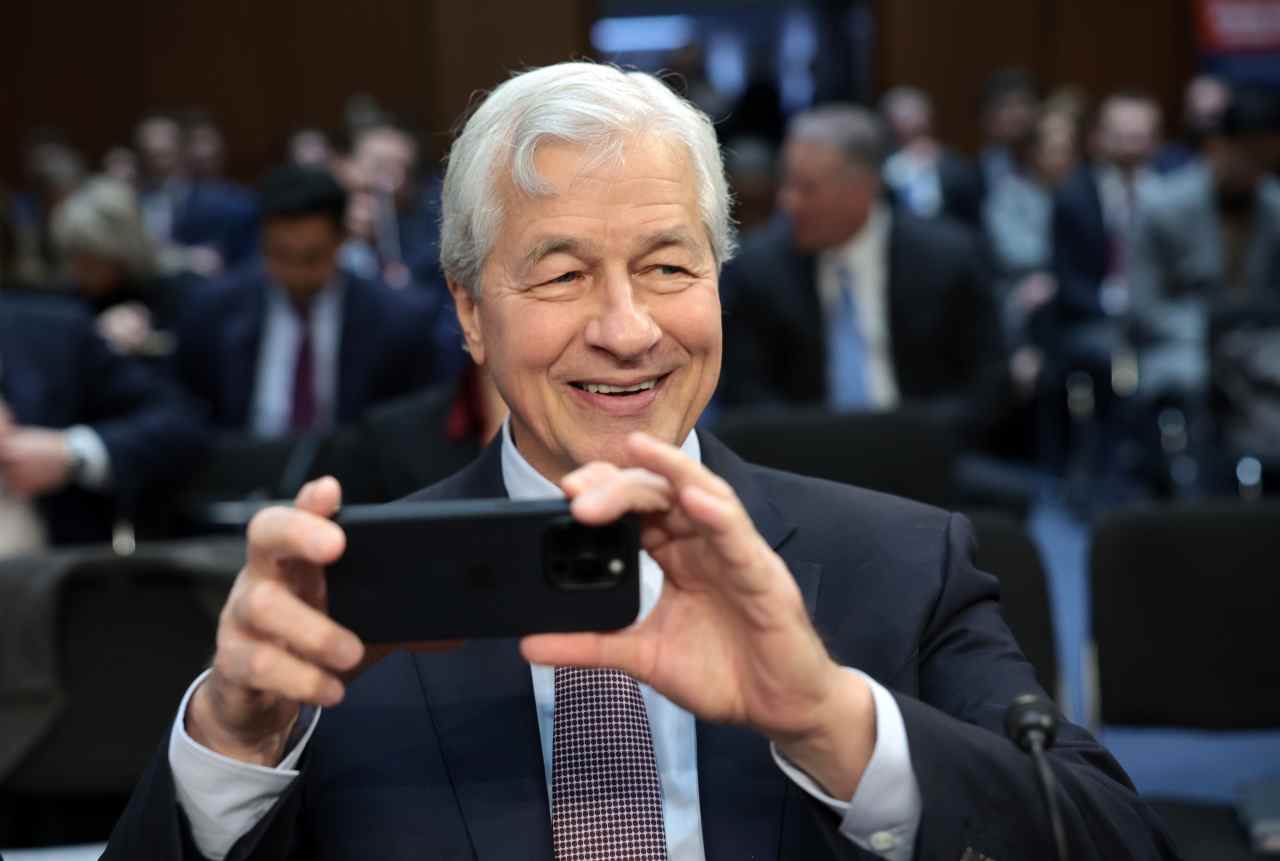
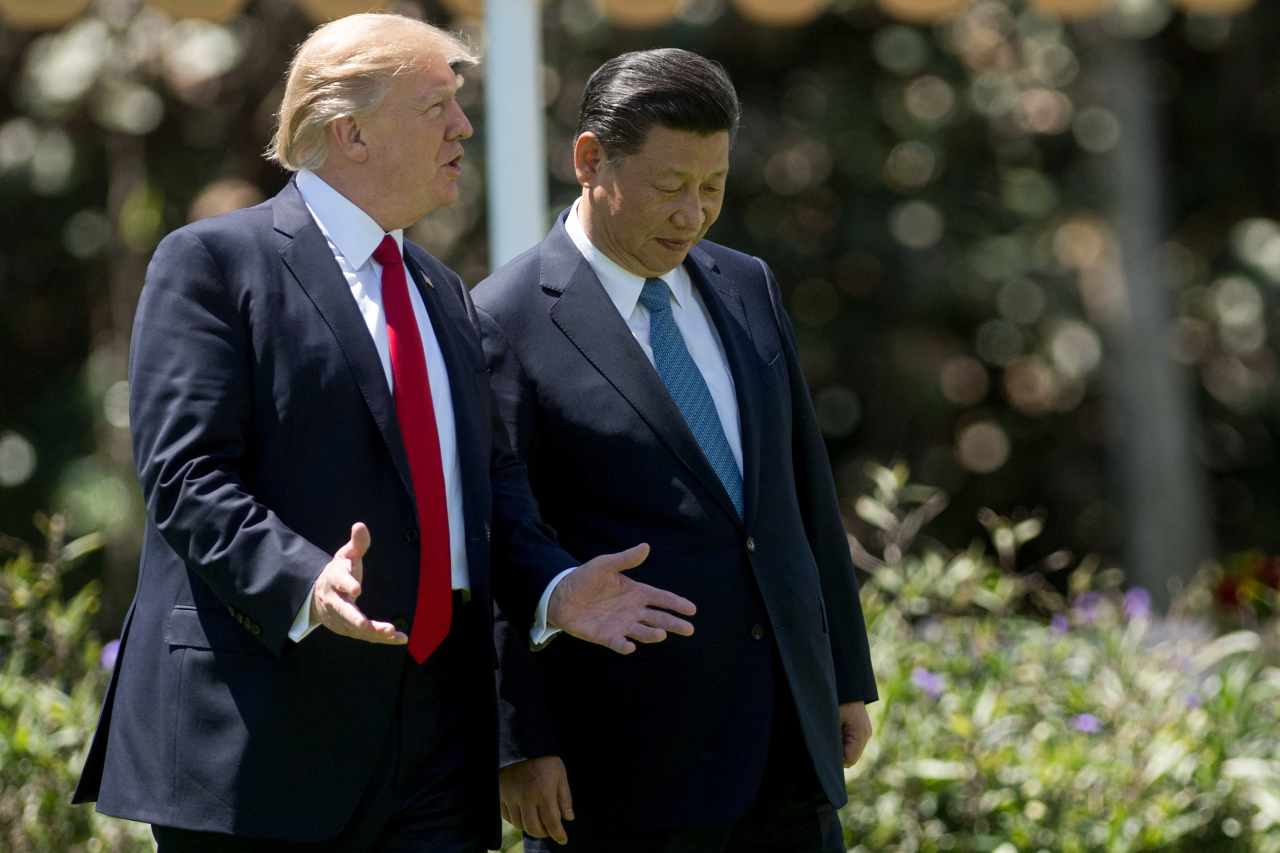
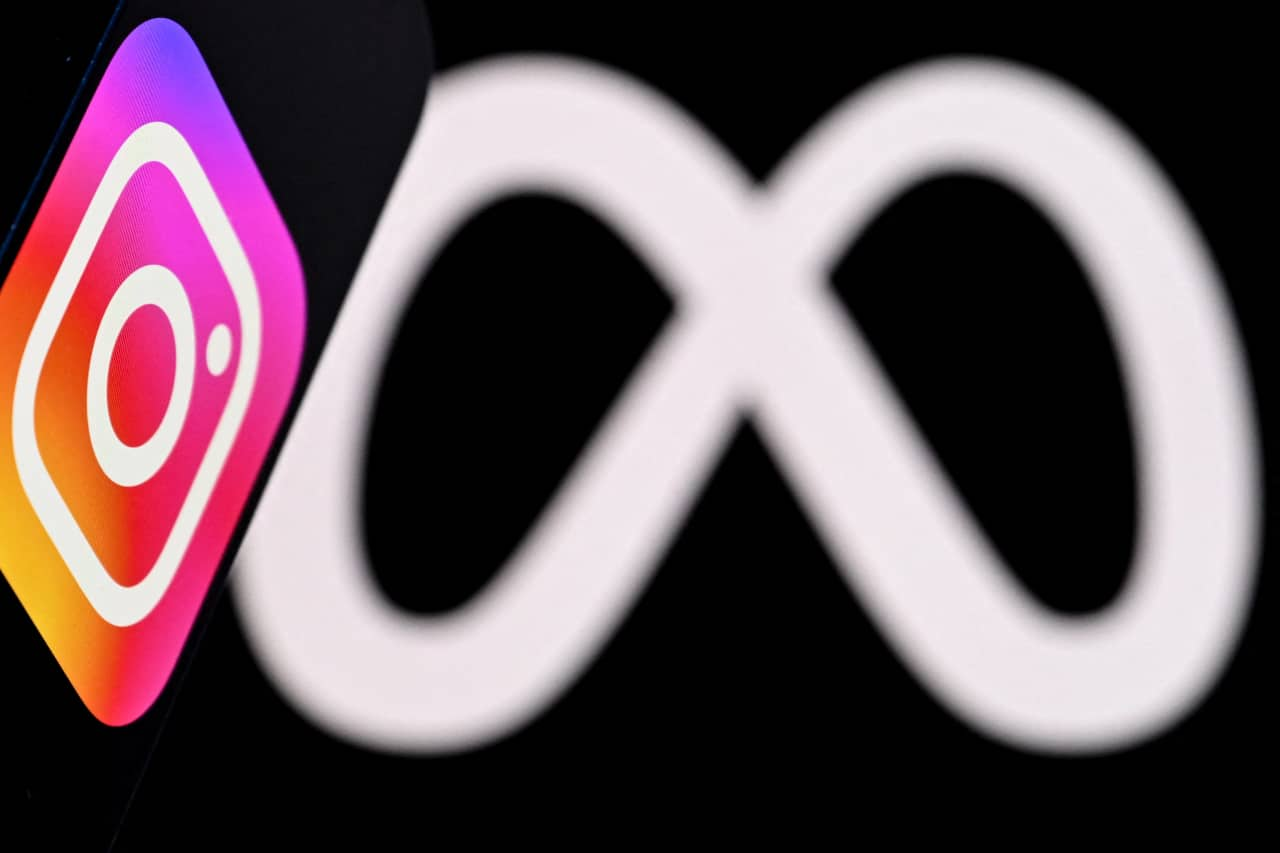
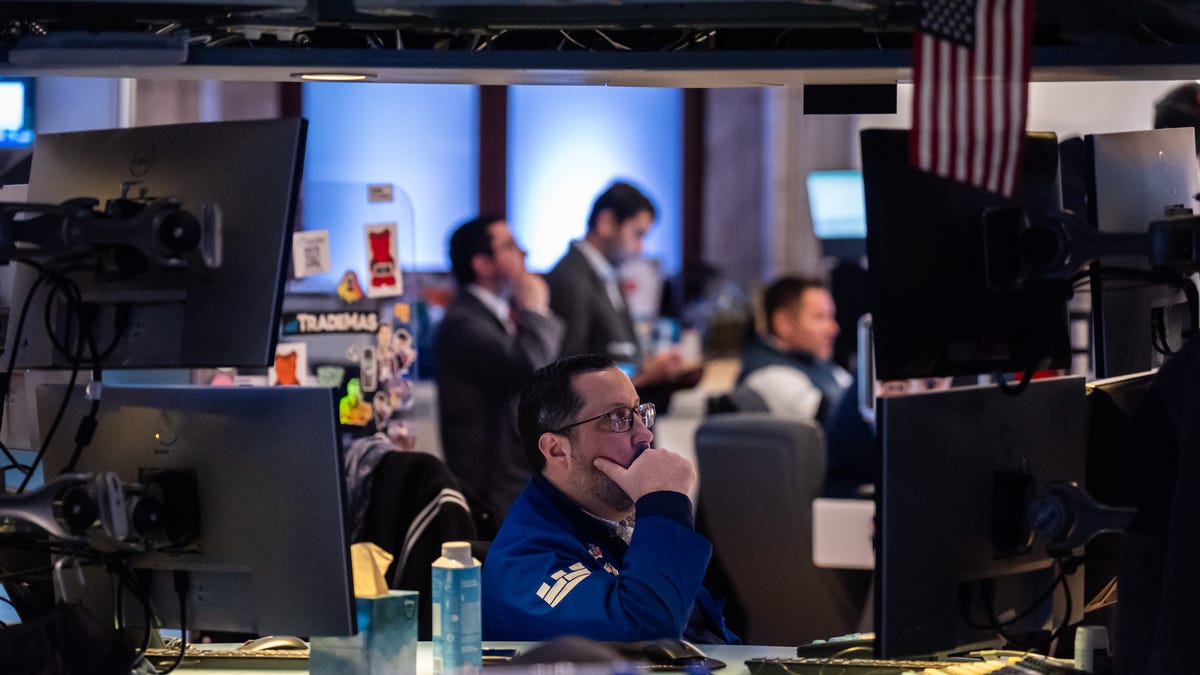
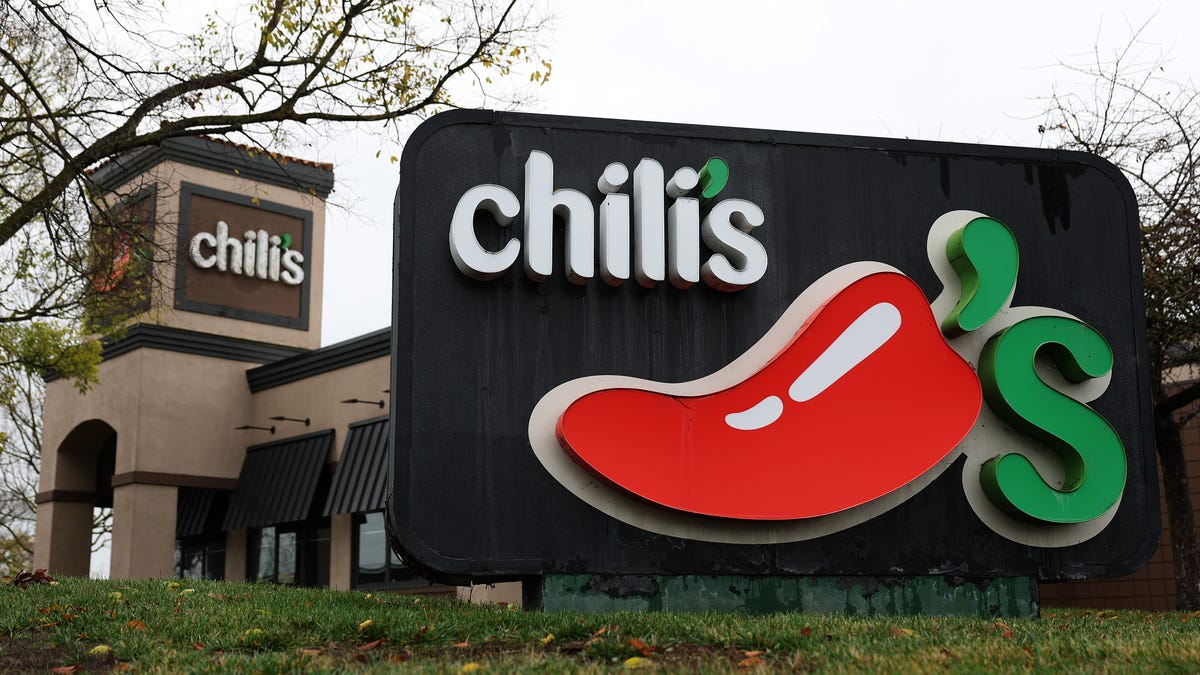






























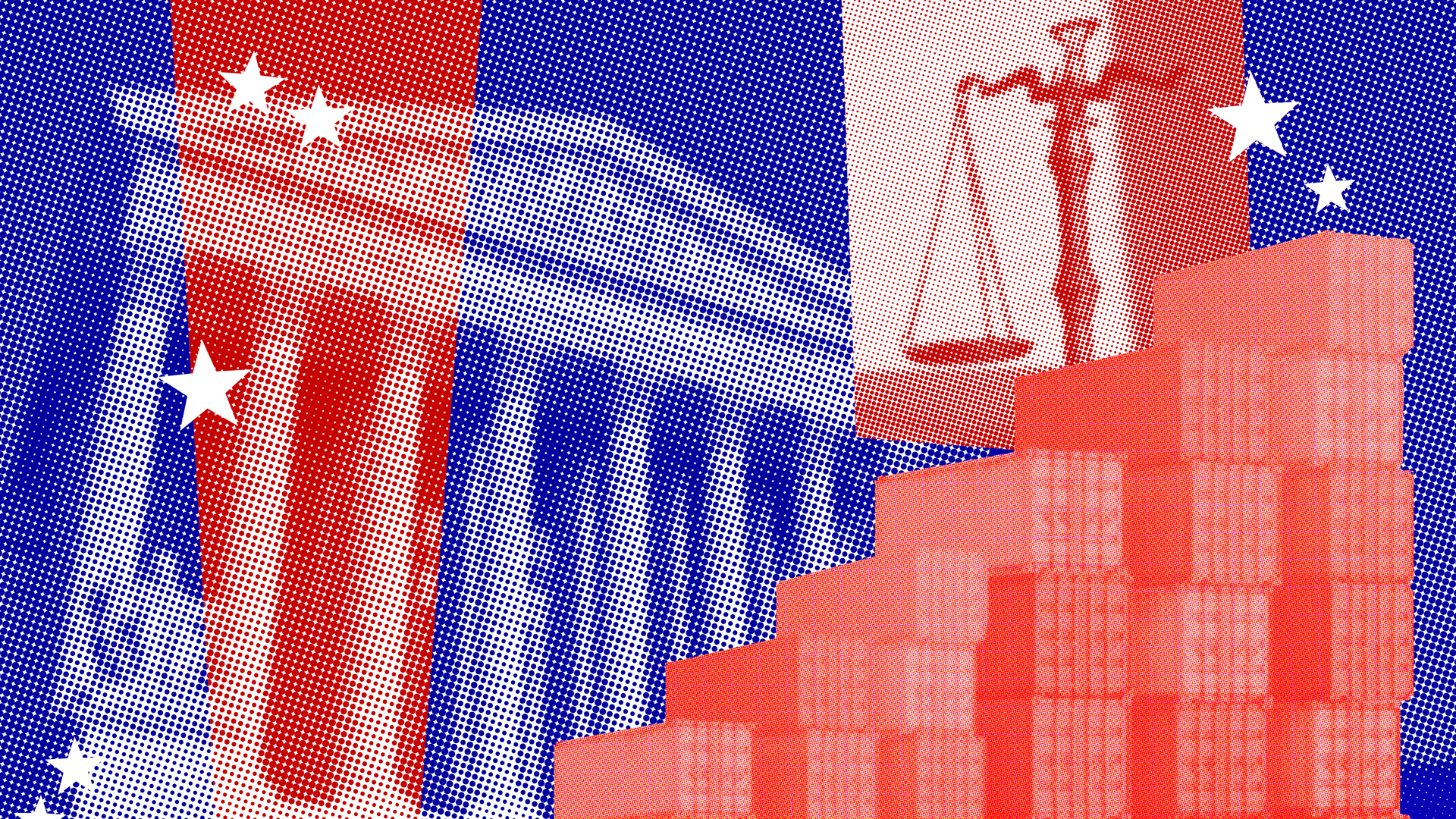
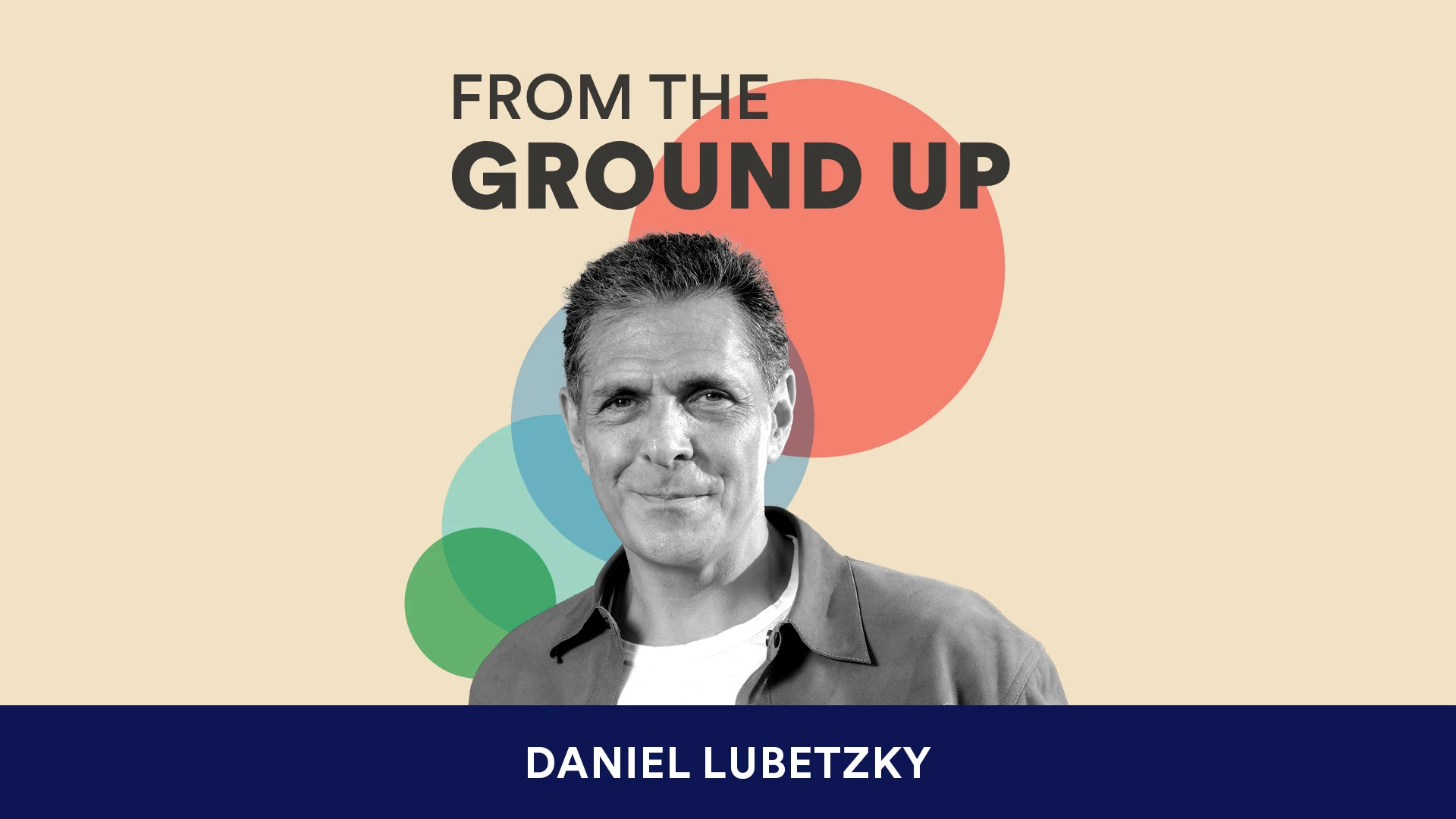

































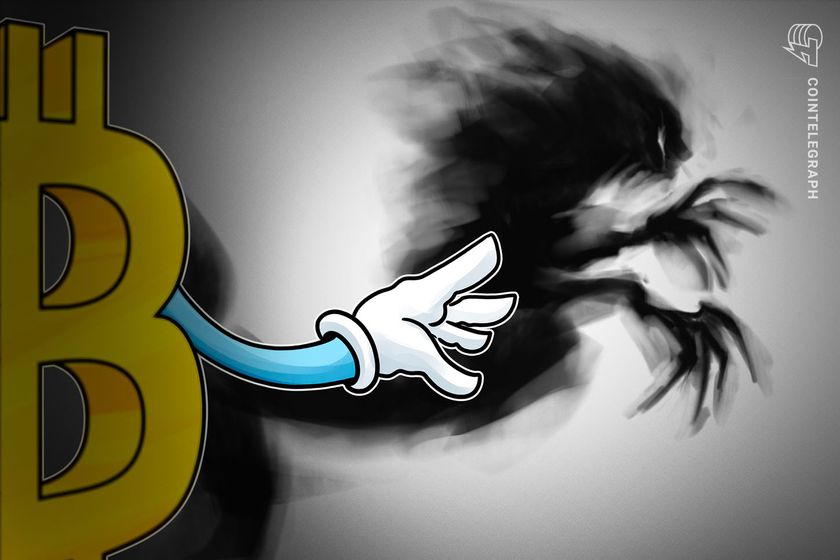

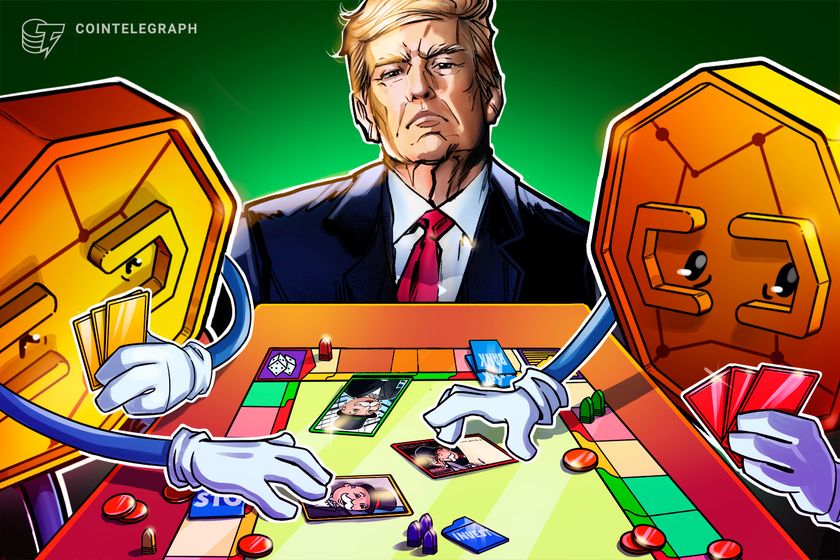
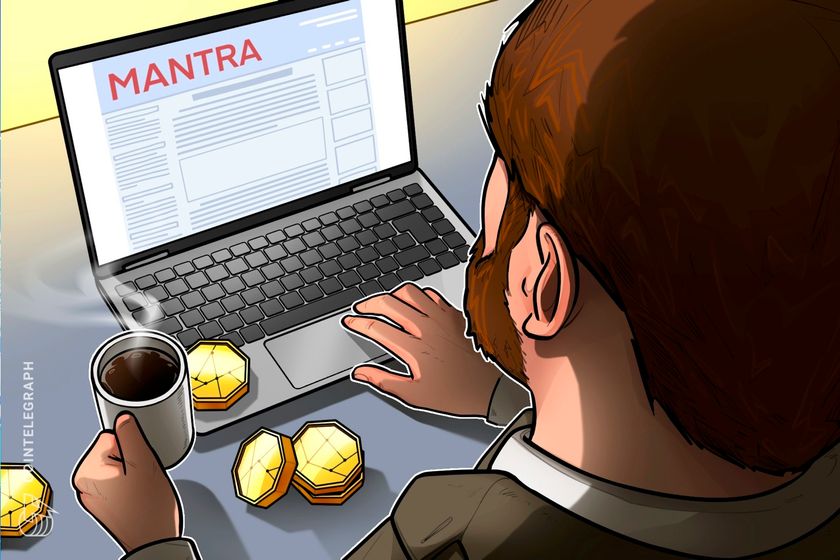























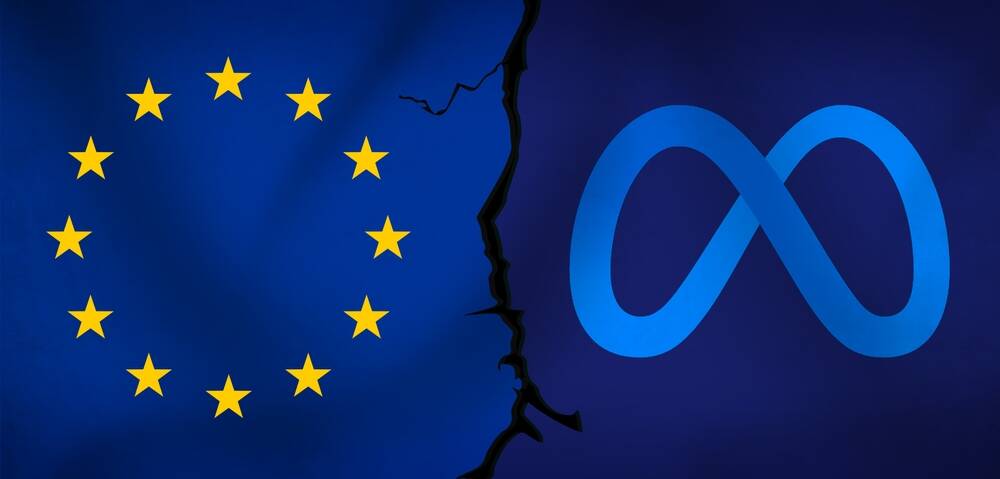

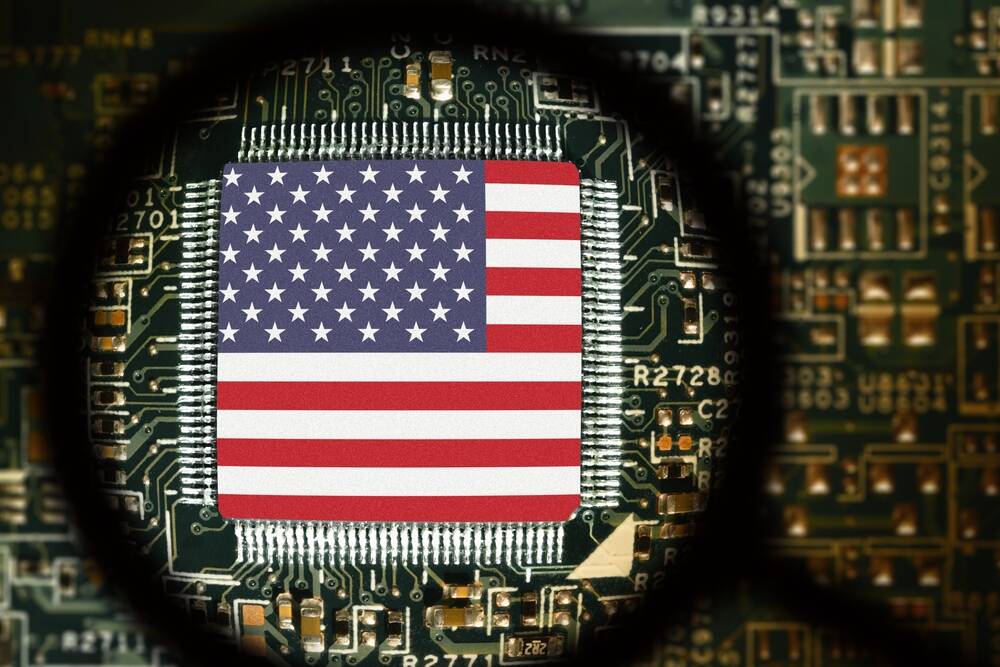
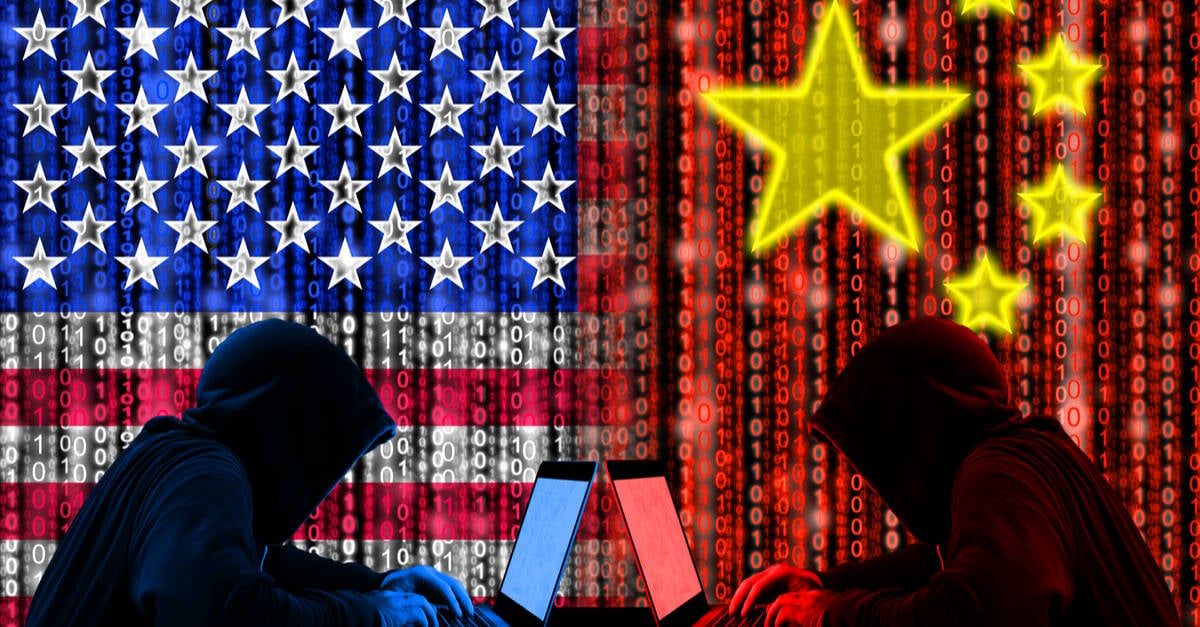





































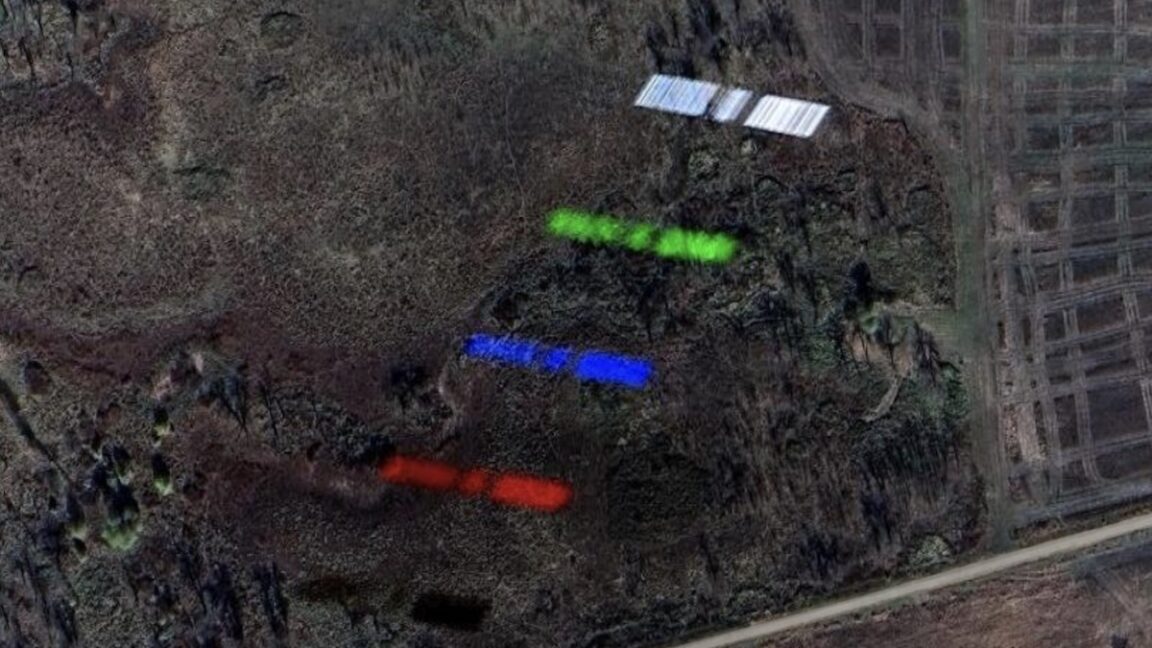







![How to Find Low-Competition Keywords with Semrush [Super Easy]](https://static.semrush.com/blog/uploads/media/73/62/7362f16fb9e460b6d58ccc09b4a048b6/how-to-find-low-competition-keywords-sm.png)



